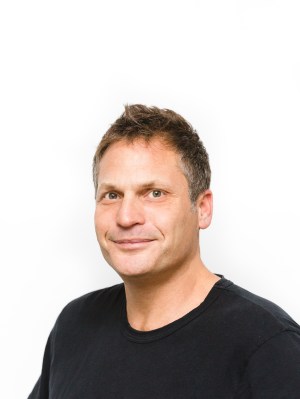Metamorphic Ventures, a six-year-old, New York-based seed-stage fund, is officially taking the wraps off a $50 million fund — its third. The firm is also rebranding itself simply as Compound. (One-word names seem to be a growing trend; you might recall that Pejman Mar Ventures is now simply Pear.)
The name change is a nod to the way the firm sees itself — as an element that works among others, including its founders, advisors and investors. The fund size, which is smaller than the firm’s $70 million second fund, likely owes to the departure of Marc Michel, a longtime investor who co-founded Metamorphic with David Hirsch, who was Google’s second employee in New York and stayed eight years before diving into venture capital in 2009. (Michel left in January to start yet another venture firm called Runway Venture Partners, which focuses more narrowly on post-seed-stage e-commerce startups. Michel appears to be in fundraising mode currently. Hirsch says the split was “completely amicable.”)
We talked earlier today with Hirsch, who runs Compound with Josh Nussbaum, a principal who has worked his way up from an analyst position in 2012. Among other things, he explained that the firm — which funds both East and West coast startups and originally invested primarily in digital media, commerce, payments and adtech — is now focusing on artificial intelligence and regulated industries like healthcare, among other newer areas of interest.
What hasn’t changed, he said, was the size of the checks that Compound is writing, which average between $500,000 and $600,000. The amount of each company it wants to own at the outset — 7 to 10 percent — hasn’t changed, either.
Compound has already funded five startups with its newest fund, though only two have been publicly disclosed: a video conference service called Pluot that closed on $2.5 million in seed funding last month; and Finova, a digital lending platform that closed on a $52.5 million in equity and debt last month.
Its highest-profile investments include the online crowdfunding business Indiegogo, a stake that came out of the firm’s $20 million debut fund. Exits include the sale of the ad retargeting startup Tap Commerce to Twitter in 2014 for a reported $100 million; the sale of the ad retargeting startup Chango to Rubicon Project for $122 million in cash and stock; and the sale of the ad retargeting startup Tapad to the Norway-based company Telenor for $360 million.
One of its newest bets is a company that’s focused on recognizing the objects around autonomous vehicles. The company remains in stealth mode, says Hirsch.
